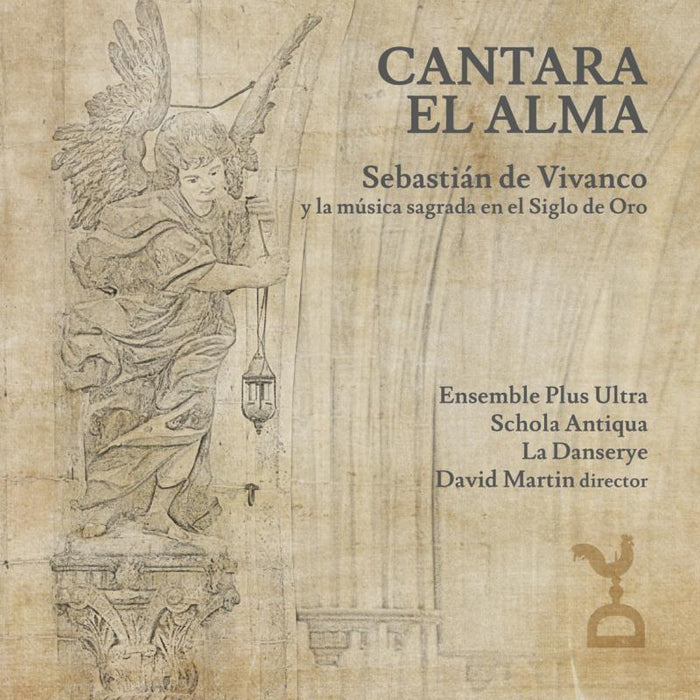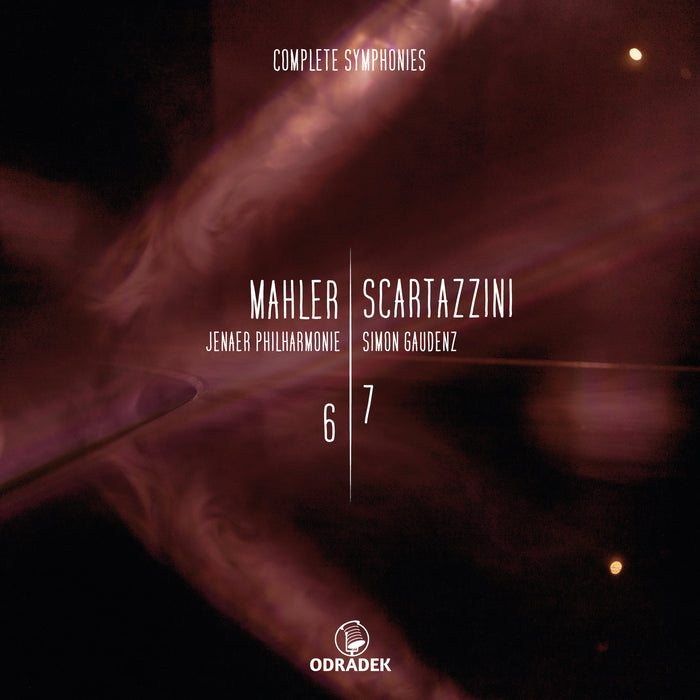Description
Simon Gaudenz conducts the Jenaer Philharmonie in the third of a series of recordings of the complete Mahler Symphonies, interspersed with world-premiere recordings of pieces by Andrea Lorenzo Scartazzini that reflect each symphony and pay homage to Mahler's soundworld. This third volume features Mahler's Sixth and Seventh Symphonies, the Sixth preceded by Scartazzini's Omen (2023), and the Seventh by Orkus, both composed in 2023.
Mahler's symphonies represent an extraordinary body of work, and it is fascinating to hear them contrasted and commented upon by a new piece specially created to shed light on or pay tribute to that symphony. Since 2018, Andrea Lorenzo Scartazzini has been Composer-in-Residence with the Jenaer Philharmonie, in which role he has been writing these new companion pieces to each of Mahler's symphonies, which are being performed in Jena as a cycle in chronological order. This collaboration over a period of seven years is remarkable in many respects. At the end of the cycle there will be 10 new works, each of which can be performed individually or in groups before the Mahler symphonies, but also as full-length concert works. Scartazzini has been passionately committed to the task from the beginning, especially as Mahler's music is particularly close to his heart: "I have a deep love for the work of Gustav Mahler; his symphonies have been my musical companions for many years, and every time I hear them again I am moved by the sheer abundance of inspiration and emotionality," he wrote at the start of the cycle.
The musical portents of Scartazzini's Omen hint at the approaching calamity articulated by the famous hammer-strokes of Mahler's Sixth Symphony. Scartazzini's anticipation of these blows begins subtly, as he explains: "With internalised string solos, softly shimmering vibraphone sounds and delicate string tones, the music initially remains in a state of almost timeless intimacy". This soon builds into an orchestral outcry and foreshadowing of the march rhythms of Mahler's Sixth Symphony, with its powerful, often tragic, tone. Scartazzini's Orkus, which directly follows Omen when played before Mahler's Seventh, is a night piece, similar to the middle movements in Mahler's Seventh. After a fierce beginning, downward swirls and percussive passages, the murmuring chord from Omen manifests itself once more. Afterwards, the atmosphere calms down: "In an ever more halting flow, the music probes the ambivalence of the night - calm and inner contemplation as well as dreamy confusion and restlessness. Finally, the lonely trace of a bass clarinet is lost in the darkness". This precedes Mahler's Seventh Symphony, which is full of beguiling contrasts between darkness and light; between shadowy figures and sunny Alpine evocations.











